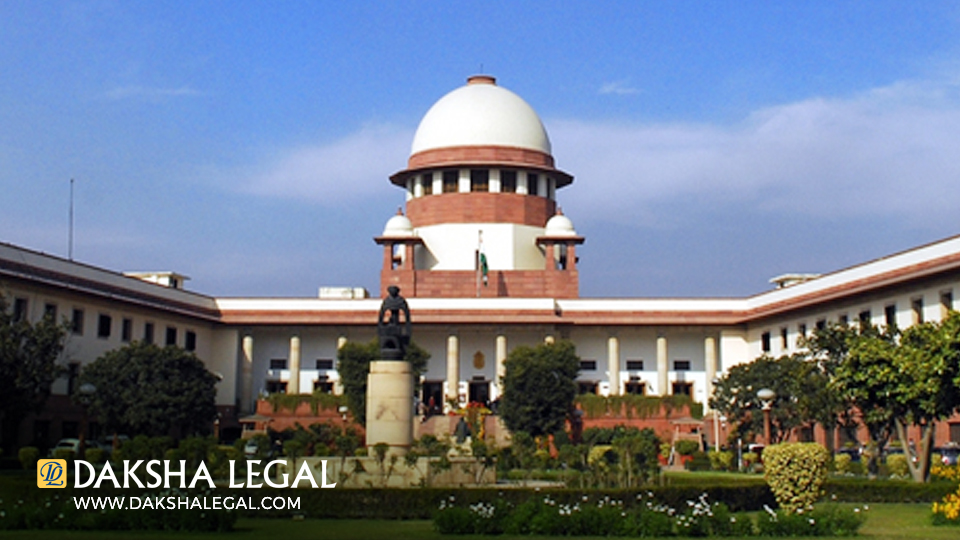Cr.P.C. Section 482. Fraud. When the complaint does not disclose fraudulent or dishonest inducement which is an essential ingredient to constitute an offence under Section 420 IPC the proceedings are liable to be quashed. Supreme Court. 1 March 2021
- 02-March-2021 18:39

